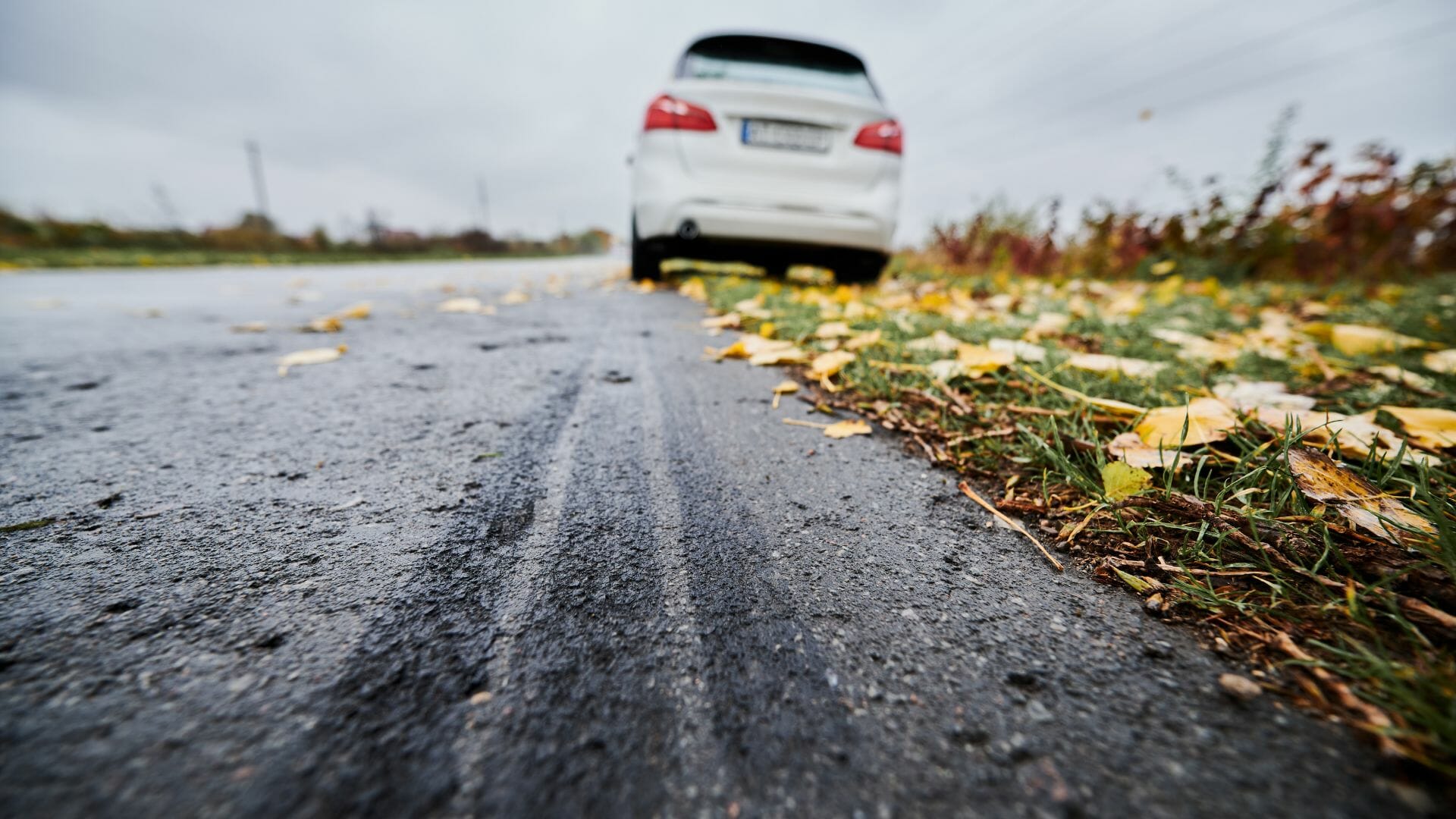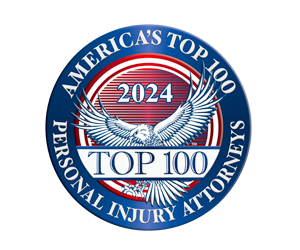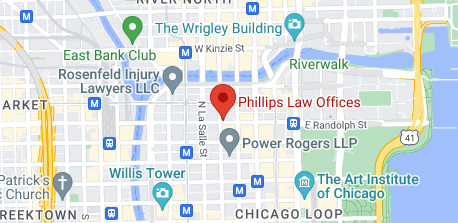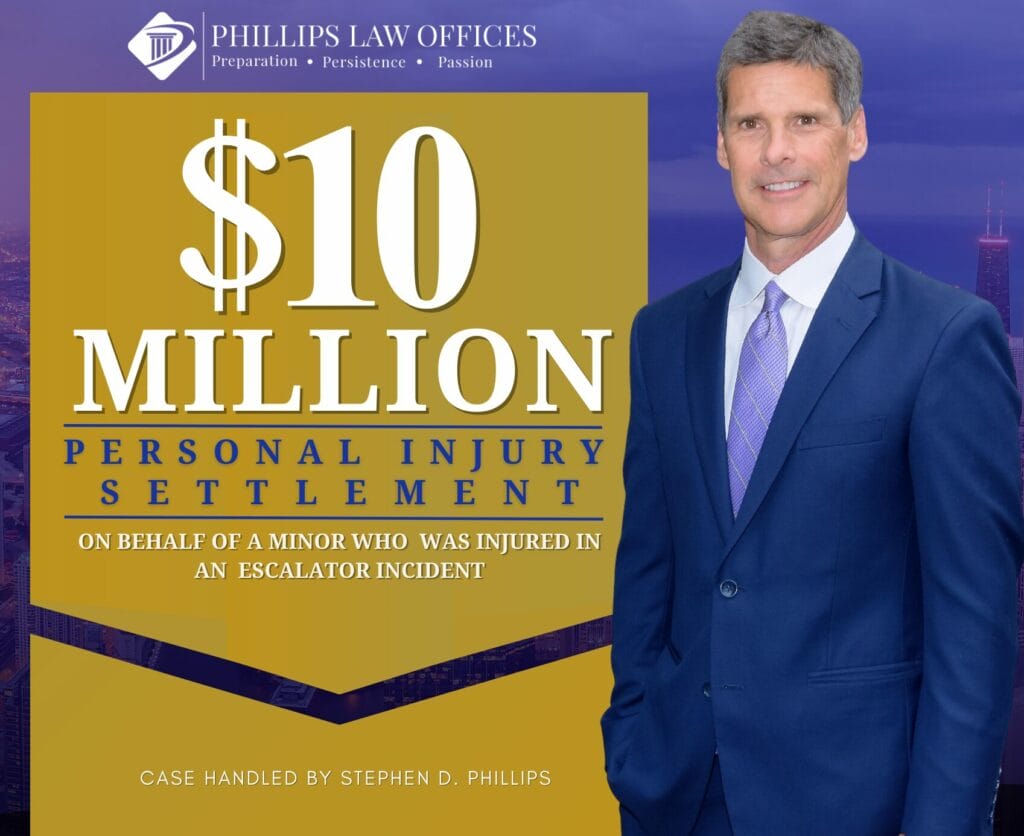A car accident is a major or minor event, depending on the extent of damage to your vehicle. Minor car accidents typically result in minimal vehicle damage. They neither seriously hurt anyone nor impair the vehicle’s ability to operate. For instance, someone could rear-end your car and cause minor dings or scratches to the bumper. A minor accident in terms of vehicle damage is one in which you are still able to navigate away from the accident spot. But it’s a serious accident if your car gets totaled. Regardless of the accidental impact, you can explore your legal options and seek damages compensation. Contact a qualified auto accident attorneys at Phillips Law Offices for guidance and support.
Major vs. minor car accidents
Major accidents are traumatic events that could threaten your life or make you disabled. It could cause severe injuries like broken legs, spinal cord injuries, or amputations. On the contrary, minor car accidents are not that intense. You could sustain soft-tissue injuries like bruises or whiplash, but they are not likely to kill you. However, some minor wounds can worsen and become major ones if left untreated. For that reason, it’s critical to seek medical aid soon after your accident.
A doctor can identify these hidden progressive injuries and treat them before they affect your overall well-being. It’s also why you shouldn’t accept an early settlement offer from an insurance company. Even if you feel fine, your minor injury could intensify after a few days and weeks. But remember, you won’t be able to obtain additional compensation if you have already accepted a settlement.
Minor car accidents include fender benders, busted headlights/taillights, cracked windshields, and busted tires. Handling minor car repairs can be time-consuming. You might not have enough time to deal with the insurance company and arrange for repair work. At that point, take assistance from a qualified auto accident lawyer who can process your claim without any hassles. They can investigate the accident, assist you in determining who was at fault and calculate the actual value of your claim.
Steps to take after a minor accident
Minor car accidents, like all car accidents, should be taken seriously. In many instances, minor auto collisions and the more severe crash scenario require similar treatment. While it may appear excessive to devote the same amount of time and attention to a fender bender as you would to a totaled car, it may be worthwhile. Some injury symptoms may appear later after the accident. For example, concussions or traumatic brain injuries may take weeks or months to become apparent. So, no matter how minor the car damage, keep a detailed record of what happened, starting with proper documentation at the accident site. After minor car crash, exchange insurance info with the other driver, take photos of the scene, and notify your insurance company.
Read all the important steps to follow after a minor car accident
1. Secure yourself
The first thing to do after a collision is to get yourself and your passengers to a safe place. If your vehicle is causing potential road hazards for other drivers, pull it over to the roadside. Remember, do not flee from the accident spot, as doing so could result in legal proceedings against you. Just shift to a nearby sidewalk for safety with your passengers. Moreover, maintain your composure and avoid getting into an absurd argument with the other driver.
2. Examine for injuries
Checking yourself and your passengers for injuries is the next thing you need to do. Get medical help from the first responders on the scene if anyone is hurt. Even if you don’t immediately believe anyone was hurt, you still can’t completely rule out the possibility of severe injury. An adrenaline rush brought on by a minor accident can conceal pain signals. Injuries that are not immediately obvious may show symptoms hours or days after the collision.
3. Record the incident
Gather crash evidence after evaluating any potential injuries and reaching safety. It will help identify who is primarily—or solely—at fault. Get witness statements, make videos, and take pictures of all the involved vehicles from various perspectives. Include license plates, close-up and distant photos of any visible damage, pictures of the nearby streets, and the incident scene. It’s a good idea to gather photographic proof of any apparent injuries.
4. Notifying your insurance provider
Once the injured have been cared for, it’s time to notify your insurance provider of the accident. Call your car insurance provider and give them information about the collision. Intimating them is necessary to file a claim and obtain compensation. When the insurance company sends a surveyor, show the collected photographic evidence and describe the accident in detail. Ensure that all of the facts you provide are true because any false information could result in the rejection of your claim.
5. Police report filing
Report the car accident to the police whenever possible to prevent any potential legal issues. Even if the incident caused minor damages, you need a car accident police report to file your claims. Call the police at the scene of the accident or visit the local police station to file the report. This report can safeguard your legal rights, personally and with insurance providers, who are less likely to pay for damages without official reporting.
6. Consulting car accident attorney
Minor injuries sustained in an accident are valid reasons to file an insurance claim. These can become more serious than they appear at first, as they can develop into chronic issues over time, so it’s worth considering. You should consult a personal injury attorney due to the legal complications of a damage claim. Your lawyer can examine the evidence, gather the paperwork, and represent you in negotiations with the at-fault driver’s insurance company.
What do you say after a minor accident?
After a minor accident, first, make sure everyone is okay. Then, exchange basic information with the other person involved, like names, phone numbers, and insurance details. It’s helpful to take photos of the damage and the scene if possible. Avoid admitting fault or blaming the other person. If there are any witnesses, ask for their contact information. Lastly, report the incident to the police and your insurance company, providing them with all the necessary information. Remember, staying calm and exchanging information helps in sorting things out later.
Role of a lawyer in a minor car accident

Hiring a competent attorney is wise because even a minor car accident can lead to significant problems. They can help make a considerable difference in the outcome of an insurance claim and what award you will get as reimbursement. They may advise you to accept a settlement if your accident is too minor to justify the expense and time of an extensive court trial. Let’s know more about their justified role in accidental cases.
Evaluating damages
If you sustained injuries in an auto accident caused by a distracted driver, you might be eligible to recover losses. It could include 100 percent of your medical bills, such as hospital expenses and medication costs. Besides this, you can contend for your lost wages and emotional trauma caused by the incident. Your lawyer can help you estimate the value of your monetary or non-economic damages.
Document submission
Claiming for car accidents can be distressing, but with an attorney, you know how to deal with them. Reporting the incident will require submitting a few documents, including a car repair invoice, insurance papers, medical bills for related injuries, and a police report. Your lawyer will help you fulfill all necessary legal formalities so that the entire claim settlement process is quick and efficient.
Professional guidance
No matter what the severity of the damages, you should not admit blame for the crash. Even if you apologize for the accident, it implies that you accept responsibility. Your lawyer will guide you through the legal process, ensuring that you are not held liable. There are instances where the defendants may refuse to pay for your claims because of your narrative statement. So, even if you feel partly at fault, you should never admit fault in any way.
Negotiation and settlement
Never underestimate how an insurance company will respond. Most companies try to settle accidental claims for less money than its worth. They will want to close your case by accepting a low amount. However, your attorney will ensure you get professional counsel throughout the insurance claim process. They will evaluate, investigate, advocate, and negotiate on your behalf. They will work tirelessly to obtain fair financial compensation for your injuries, no matter how mild.
If You Do Not Know What to Do After a Minor Car Accident? Contact Us
Unsure about the legal process after a minor car accident? Our experienced auto accident lawyers Chicago at Phillips Law Offices can assist. To get free consultation contact us now at (312) 598-0917. They can protect your rights and guarantee that you have access to a fair reimbursement.
Also Reads:
What would happen if the brain stem was damaged?






